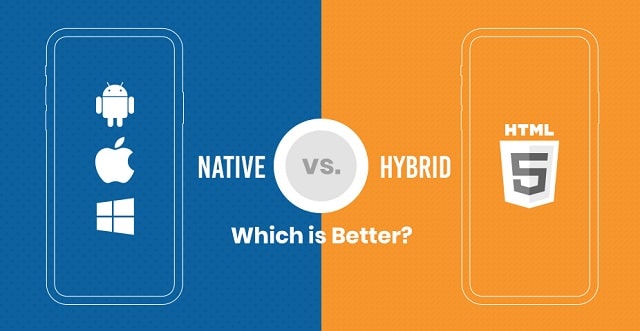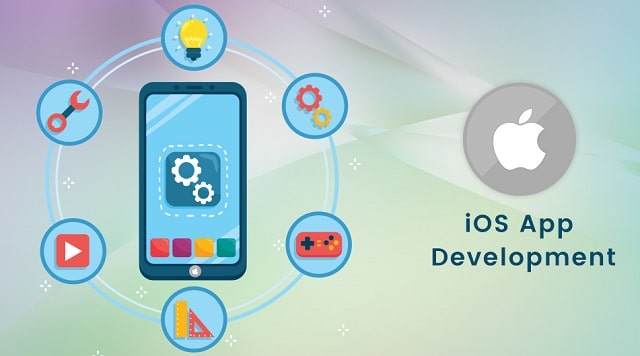
Native Apps
Native apps are built specifically for a particular operating system (OS), such as iOS or Android, using platform-specific languages like Swift or Java. These apps are developed using native frameworks and APIs provided by the OS, resulting in superior performance and seamless integration with the device's features. Native apps can access all the hardware capabilities, including camera, GPS, and sensors, providing a rich and immersive user experience.
Advantages Of Native Apps
1. Performance
Native apps are known for their high performance and responsiveness since they are optimized for a specific platform. They leverage the full potential of the device, resulting in faster load times and smoother user interactions.
2. User Experience
Native apps offer a consistent and intuitive user interface, adhering to the design principles and guidelines of the respective OS. This familiarity enhances user satisfaction and engagement.
3. Device Integration
Native apps can seamlessly integrate with device-specific features, such as push notifications, geolocation, and camera functionalities, enabling developers to create feature-rich applications.
Hybrid Apps
Hybrid apps, on the other hand, are developed using web technologies like HTML5, CSS, and JavaScript. These apps are wrapped in a native container, allowing them to run on multiple platforms. Hybrid app frameworks like React Native, Flutter, and Ionic enable developers to write code once and deploy it across different OSes, reducing development time and effort.
Advantages Of Hybrid Apps
• Cross-Platform Compatibility
Hybrid apps can run on multiple platforms with a single codebase, eliminating the need for separate development teams for each platform. This approach can significantly reduce costs and development time.
• Easier Maintenance
Since hybrid apps share a common codebase, bug fixes, updates, and feature enhancements can be applied uniformly across all platforms, simplifying the maintenance process.
• Faster Deployment
Hybrid apps can be released faster since they don't require separate development cycles for each platform. This advantage is especially useful when time-to-market is critical.
Choosing The Right Approach For Your App
When deciding between native and hybrid apps, consider the following factors:
- Performance Requirements
If your mobile app demands high performance and relies heavily on device-specific features, a native app would be the ideal choice.
- Development Time and Budget
If you need to develop for multiple platforms on a limited budget and tight deadlines, a hybrid app can provide cost-effective and time-efficient solutions.
- User Experience And Design
Native apps excel in providing a platform-specific user experience, while hybrid apps can offer a consistent design across platforms. The decision between native and hybrid apps ultimately depends on your project requirements, development timeline, and budget. Native apps deliver superior performance and device integration, while hybrid apps offer cross-platform compatibility and faster deployment.
Conclusion
By carefully evaluating your needs, you can choose the right approach that aligns with your goals, ensuring a successful android or ios app development journey. Work with professionals to decide what will work best for your business needs.

